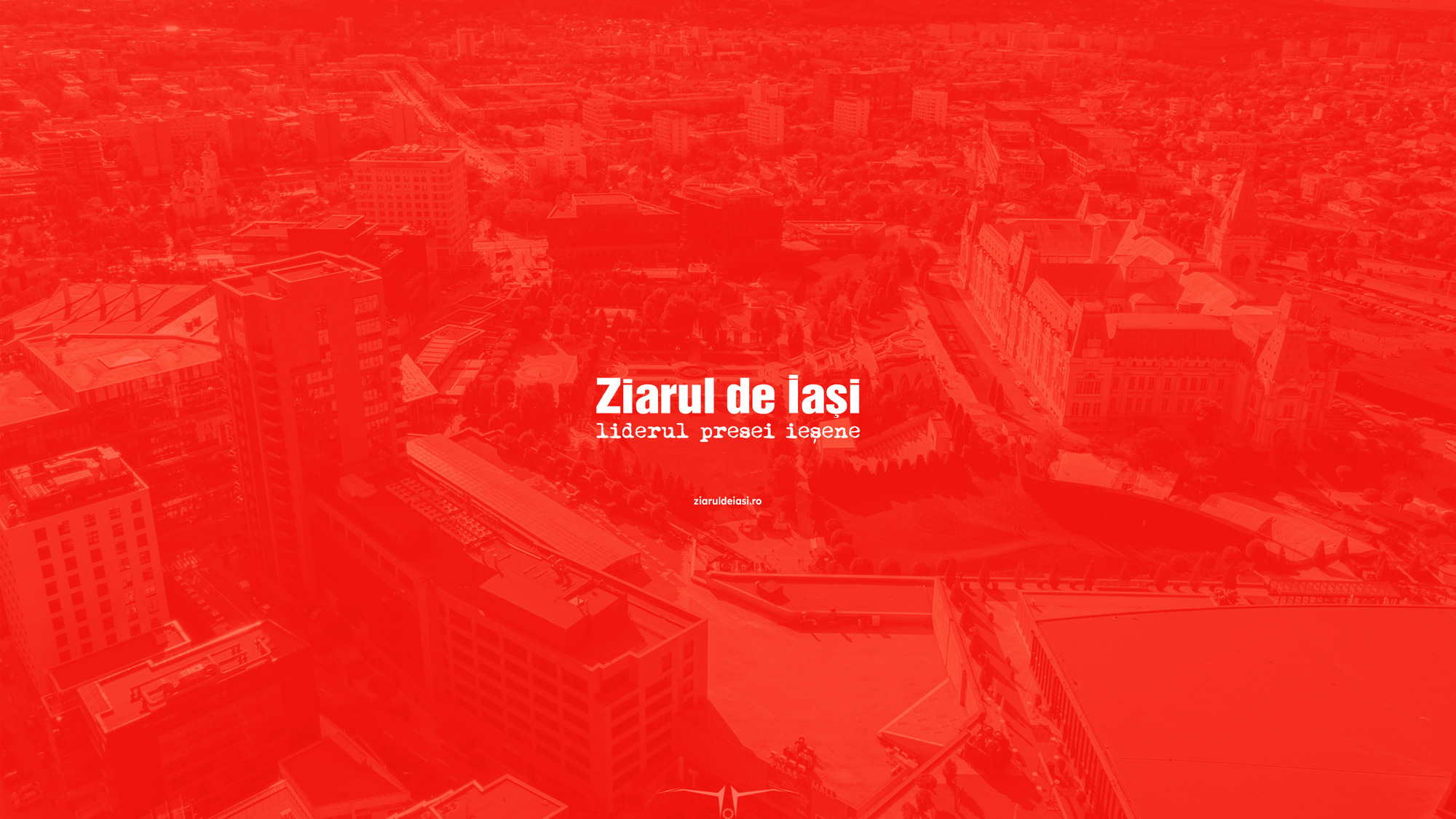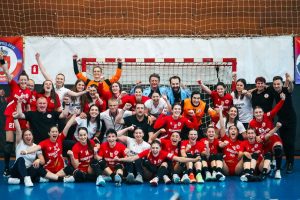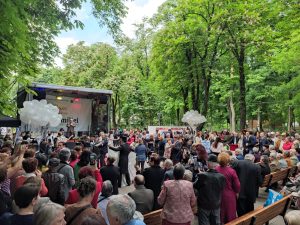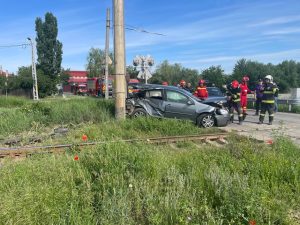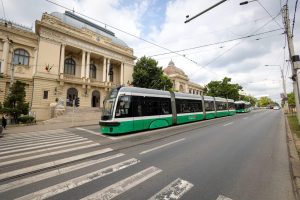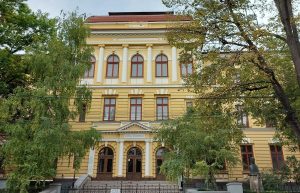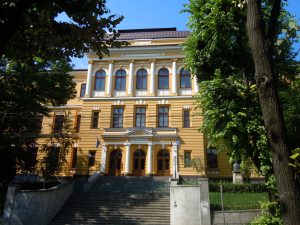
In Albania on Sunday took place the legislative elections, which, in accordance to the standards of the place, could be considered correct, though numerous incidents, including violent ones, were registered.
After the social troubles in 1997, provoked by the collapse of the pyramidal games of the type "Caritas" (in which it invested 90% of the population), Albania looks toady much more stable, and the elections were therefore, calmer than other times. The governing of the Socialist Party managed to give the wanted sensation of stability and created premises for the recovering of the economy and the approach to the occident.
The elections in Albania passed unobserved in Romania, and the few news in the press about the event are formulated in a taunted note. Albania plays in the Romanians’ imaginary the part of the black sheep of Europe (a part played in 1999 by Bulgaria) and is the psychological compensation for us in the comparative presentations of the countries in Eastern Europe. The truth is Albania looks a lot like Romania, more than we want to admit.
First of all, the resemblance is shocking as for the communist period: the two countries had the most Stalinist regimes in Eastern Europe, based on dictatorial, nepotism-like, clientele leadership, on the cult of personality and extreme centralization; both countries were isolated in the Soviet camp, holding marginal positions in CAER and in the Treaty of Warsaw, a fact that favored the political parish character; finally, the opposition to the communist regimes was the most diminished one comparing to the rest of communist Europe. In the post-communist period, Romania and Albania can be both found in the bottom of the lists with classifications regarding the economic achievements and in the top of the ones presenting corruption and organized crime. The pyramid-type games, the traffic with women and drogues, the endemic corruption, the extended survival of the communist elite, the rising influence of the secret services, the "migration of brains", the myth of the economic re-launching process by the agency of tourism, they are all fundamental elements present in the portrayals of both states.
Eventually, the Albanians have bigger identity problems comparing to us, given that there are no adherence negotiations started with any important international organism. Returning to the resemblance, let us note that the data of the collective imaginary (of the national mythology and the stereotypes of the self-images) harmonize in many aspects. The attitude towards Europe mixes the complex of inferiority with the ones of superiority. Like the Romanians, the Serbs and the Hungarians, the Albanians think they are Europe’s saviors, as in the Middle Age they opposed the ascension of the Ottoman Empire. Like the Romanians, the Albanians think they are, beyond anything, hospitable persons and victims. In the political culture of the two communities there exists a persistent myth of the independence and uniqueness and the spectrum of the territorial extension (within the Greater Albania, respectively Greater Romania).
In spite of all the alikeness, Albania is an absent topic in the public debate in Romania. As we have shown in the elections in Bulgaria, our neighbor in the South either, so resembling from a political and economic point of view, was not known here, ignored by the mass media and the politicians. Underestimating Bulgaria and its recovering recipe left Romania behind its Southern neighbor in the race to EU. Let us hope the Albanization will not be the new lesson the Romanians have to learn.
(Adrian CIOFLANCA)

